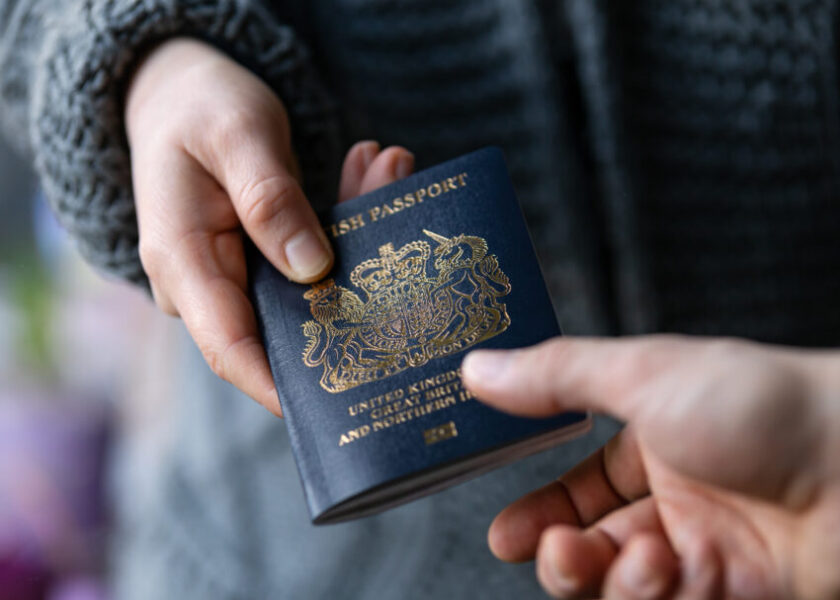Receive free Israel updates
We’ll send you a myFT Daily Digest email rounding up the latest Israel news every morning.
Protesters streamed into Jerusalem on Saturday while a group of 10,000 reservists said they would stop volunteering for duty in a last-ditch effort to persuade Israeli prime minister Benjamin Netanyahu to stop a controversial judicial overhaul.
The battle over the government’s plans has plunged Israel into its deepest political crisis in years, sparking 29 weeks of mass protests, drawing criticism from the administration of US President Joe Biden, and sparking warnings from Israel’s own central bank that the fight is damaging the economy.
Waving Israeli flags and braving soaring temperatures, tens of thousands of protesters made their way to the parliament in Jerusalem, capping a four-day, 70km march from Tel Aviv that organisers called a bid to “save democracy”. Protests also took place in numerous other cities, with one in Tel Aviv drawing around 100,000 people, according to Israeli media.
The street rallies have been accompanied by mounting resistance from reservists in Israel’s military, with a group called Brothers in Arms saying on Saturday that its 10,000 members would stop turning up for duty in protest at the government’s plans.
The announcement followed a similar move by more than 1,100 air force reservists on Friday, which prompted Rear Admiral Daniel Hagari, the military’s chief spokesman, to admit that the military’s “cohesion has been damaged, [in a way] which will take a long time to repair”.
In a sign of the growing consternation among senior officials about the impact of the reservists’ threats, defence minister Yoav Gallant said on Friday night that he was taking steps to “ensure the security” of Israel, after Channel 12 reported that he was trying to persuade government and opposition leaders to delay the overhaul and reach a compromise.
However, other government ministers, including diaspora affairs minister Amichai Chikli, insisted on Saturday that the overhaul would continue as planned. Chikli also lashed out at the reservists who were refusing to report for duty, likening their behaviour to extortion.
“The [parliament] and government of Israel cannot surrender to the protection threats of political insubordinates,” he wrote on Twitter.
The first plank of the overhaul — which would prevent Israel’s top court from using the standard of “reasonableness” to strike down government decisions — is due to be voted through parliament next week.
Government officials say that this and other changes, such as a reshaping of the panel that appoints judges, are needed to curb an overpowerful judiciary that they believe has pursued a partisan, leftwing agenda.
However, critics say the government’s proposals would remove key checks on Israeli governments, pave the way for undermining minority protections, foster corruption and damage the economy.
On Saturday, several former leaders of the Israeli military, the Mossad intelligence agency and the Shin Bet internal security agency published a letter calling on Netanyahu to delay the overhaul, and backing the actions of the reservists.
“The legislative process violates the social contract that has existed for 75 years between thousands of reserve commanders and soldiers,” the former security officials wrote. “[We] are holding up a bright red stop sign before you and your government.”


